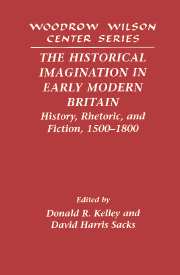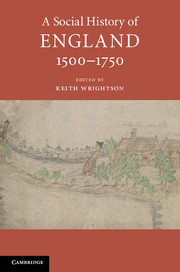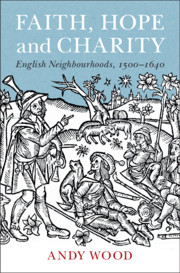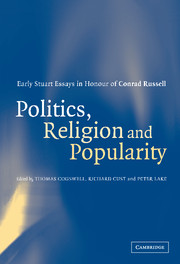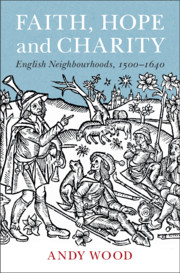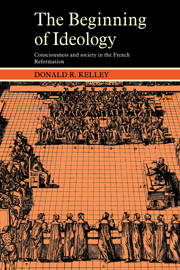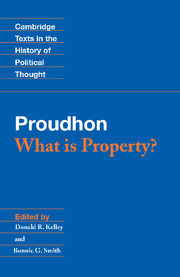The Historical Imagination in Early Modern Britain
This collection of essays by some of the most distinguished historians and literary scholars in the English-speaking world explores the overlap, interplay, and interaction between history and fiction in British imaginative and historical writing from the Tudor period to the Enlightenment. The historians discuss the questions of truth, fiction, and the contours of early modern historical culture, while the literary scholars consider some of the fictional aspects of history, and the historical aspects of fiction, in prose narratives of many sorts. The interests and inquiries of these learned, imaginative, and venturesome scholars cross at many points, casting significant light on and offering numerous insights into the problematic and interdisciplinary areas where 'history' and 'story' meet, interact, and sometimes compete. Despite the theoretical questions posed, the discussions primarily focus on concrete works, including those of Thomas More, John Foxe, Thomas Hobbes, Adam Smith, and Edward Gibbon.
- Important, imaginative and highly insightful work by some of the top scholars of early modern British history and literature
- Interdisciplinary - historians and literary scholars address common themes, central questions, and practices shared by the two disciplines
- Relevance and popularity of problems of truth/fiction, imagination/ memory (or reason) in many fields, role of rhetoric
Reviews & endorsements
"The essays in The Historical Imagination in every instance bring to light elements of authorship that are worth pondering. Inherited notions are successfully challenged....the remarkable thing about the inception of this project: the singular good sense of bringing together a group of eminent writers to reassess criteria and conventions, particularly of historical authority, in a time of historiographical revolution. The editors are to be commended." William Rockett, 16th Century Jrnl
"In this intelligent, engaging, and timely essay collection from the disciplines of both history and English, editors Donald R. Kelley and David Harris Sacks have compiled compelling pictures of the various relationships that exist between the fields of history and fiction in early modern Britain. In its detailed attention to the various representations of truth within imaginative writing, the collection represents a significant addition to the ever-growing study of early modern British culture, one that should be of great aid to scholars in the field and their students for some time." Gregory J. Underwood, History
"...this collection contains much that is new and even surprising, which makes it a welcome addition to the literature on the early modern historical imagination." Timothy Lang, American Historical Review
Product details
August 2002Paperback
9780521521239
392 pages
236 × 160 × 30 mm
0.693kg
Available
Table of Contents
- 1. Introduction Donald Kelley and David Harris Sacks
- 2. Example and truth: Deggory Wheare and the ars historica J. H. M. Salmon
- 3. Truth, lies and fiction in sixteenth-century Protestant historiography Patrick Collinson
- 4. Thomas More and the English Renaissance: history and fiction in Utopia Joseph Levine
- 5. Ancestral and antiquarian: Little Crosby and early modern historical culture Daniel Woolf
- 6. Murder in Faversham: Holinshed's impertinent history Richard Helgerson
- 7. Foul, his Wife, the Mayor, and Foul's Mare: anecdote in Tudor historiography Annabel Patterson
- 8. Thomas Hobbes' Machiavellian moments David Wooton
- 9. The background of Hobbes' Behemoth Fritz Levy
- 10. Leviathan, mythic history, and natural historiography Patricia Springborg
- 11. Adam Smith and the history of private life Mark Phillips
- 12. Protesting fiction, constructing history Paul Hunter
- 13. Contemplative heroes and Gibbon's historical imagination Patricia Craddock
- 14. Experience, truth, and natural history in early English gardening books Rebecca Bushnell.

